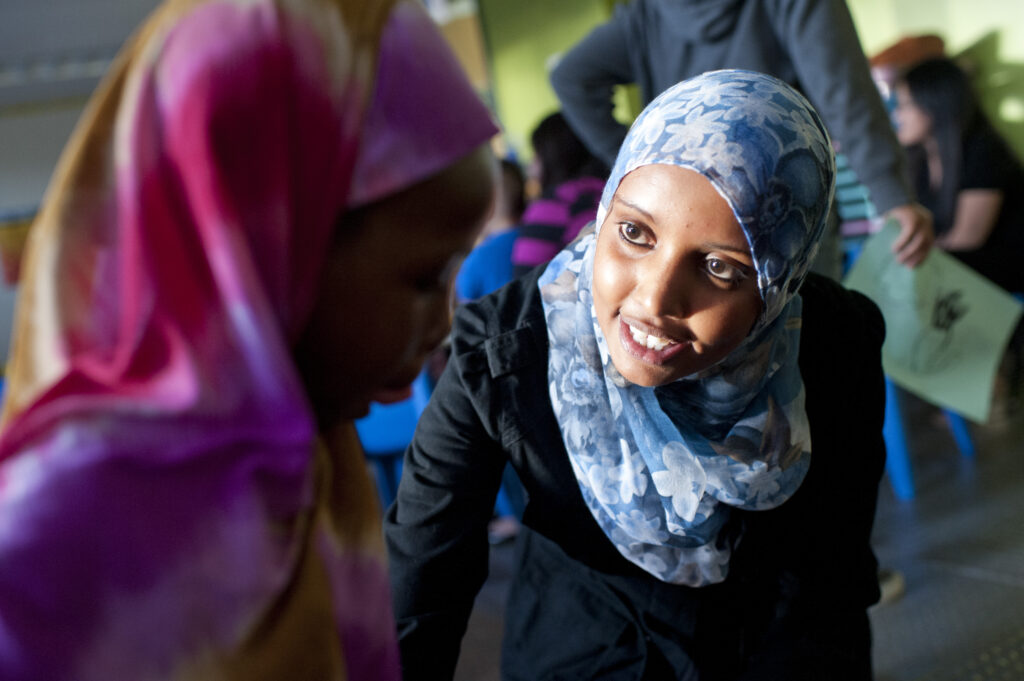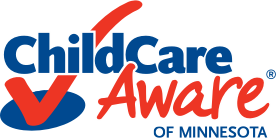Direct Support for Child Care Programs

The global Covid-19 pandemic has underlined the importance of child care for children, working families, and the economy. However, even before the pandemic, years of underinvestment in the early childhood field had left the child care system stressed to its limit. Federal and state relief funds are helping stabilize the Early Childhood Education field, but staffing shortages, low wages, and a broken market continue to present serious challenges.
The child care system has funding problems on both the supply side (the child care system) and the demand side (families). While child care is difficult to afford for many families, earnings for early educators remain abysmally low, resulting in high turnover and labor shortages.
Beginning in April 2020, Minnesota (along with many other states) began responding to the additional stress that the Covid-19 pandemic created for the child care system by offering direct payments to licensed child care programs through a succession of grant programs. These grant programs represented the first time that there has been immediate, government-funded support for child care centers and family child care programs across the board.
An October 2022 report from the Minnesota Department of Human Services about the Child Care Stabilization Grant Program found that:
- 96% of child care providers receiving these grants said that the grants were helpful in keeping their child care program open and operating
- 70% of recipients used the grants to provide bonus pay
- 64% used the grants to increase hourly wages
- 84% said the grants were helpful in retaining staff, and 61% said they helped attract new staff
During the 2023 Legislative session, the Minnesota Legislature addressed the need for ongoing support by establishing the Great Start Compensation Support payments program. The Legislature allocated $316.1 million for 2024-25 and $259.7 million for 2026-27 for these payments. This program will operate similarly to the current Stabilization Grants in terms of process and program eligibility, but the funds will be focused on compensation. The Legislature also allocated $42.5 million in funding to provide a seamless transition from the current Stabilization Grant Program to the new Great Start Compensation Support program.
Although the stabilization grants were originally created as a response to the public health emergency of Covid-19, the child care system is facing an ongoing crisis of sustainability. Child care is an essential function for the economy, whether or not there is a pandemic. As the grant programs show, providing additional direct payments to providers can be a successful strategy for keeping programs open and improving income for early educators.
